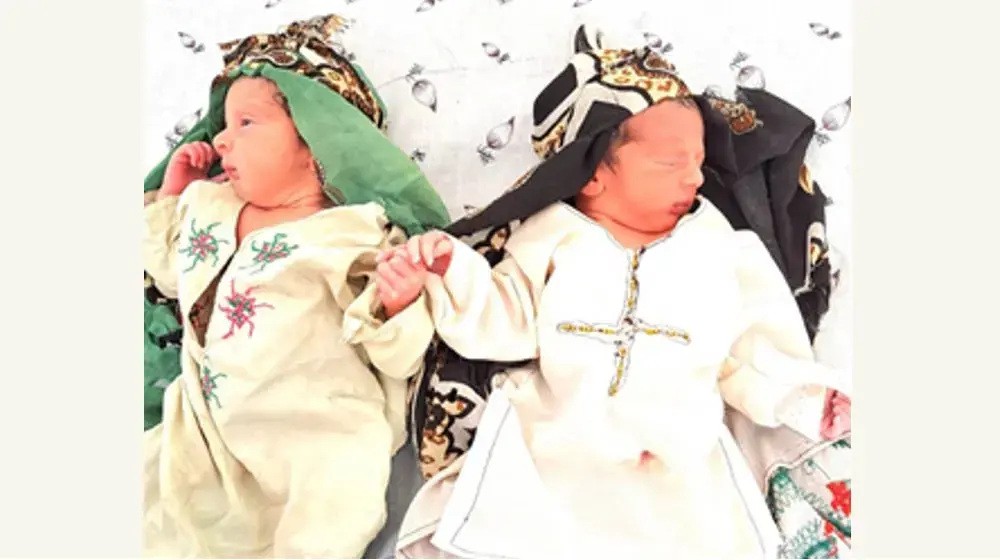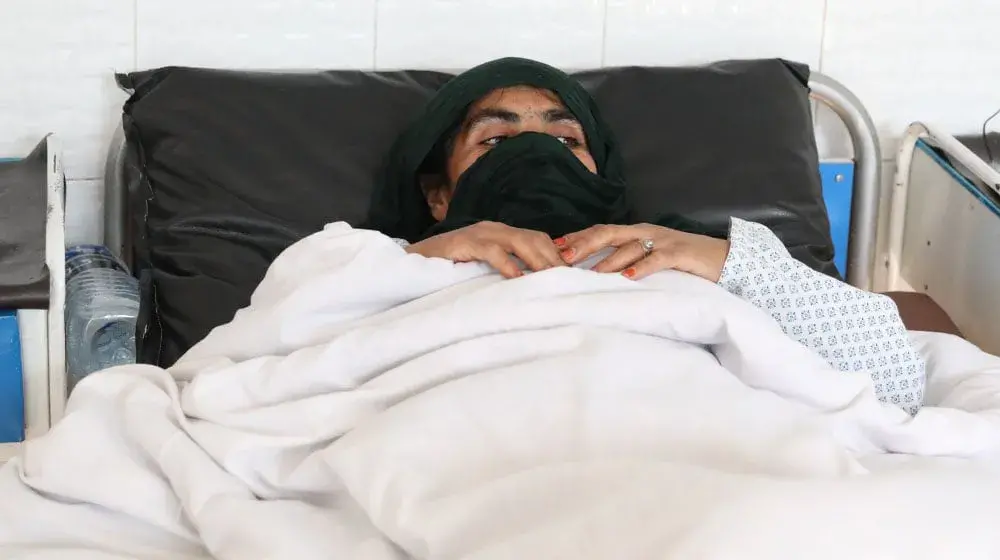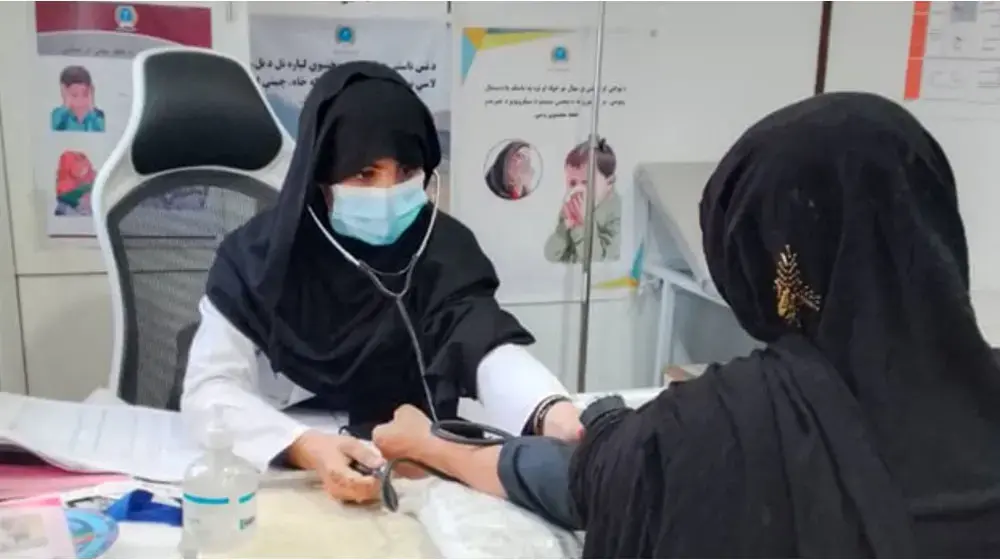18 April 2017 – Afghan Ministries of Information and Culture (MoIC) and Women’s Affairs (MoWA) with the support from the Embassy of Canada and UNFPA (the United Nations Population Fund) launched the “National Action Plan to Eliminate Early and Child Marriage” at the Government Media and Information Center today.
Child marriage is not just a reality in Afghanistan, we now understand that there is a high prevalence across the country and now is the time to act. If no action is taken thousands of girls - our young sisters, teenage nieces, daughters who are just children themselves - become exposed to the risk of sexual violence, risk of HIV infection and many health risks relating to early birth, sadly often including maternal and infant deaths
According to Freshta, 15yrs, an Afghan girl married at age 12 and became a mother at age 13, “Child marriage is a devastation”. Freshta is a pseudonym UNFPA gave her for purpose of anonymity. “I wish I didn’t have a husband, I wish I wouldn’t be a child bride”, said Freshta. “Instead I wish I would study, play outdoors, as other girls. Become a doctor or a teacher in the future”.
According to the UNFPA flagship report State of the World Population 2016, in developing countries 1 in 3 girls marry before their 18th birthday and soon become young mothers, changing the trajectory of their lives for the worst. The severe health and socio-economic consequences of child marriage are numerous, often resulting in social isolation, a lack of education, skills and employability and sadly it continues the cycle of poverty.
“A girl, who is below 18 is capable of rapidly gaining wisdom and knowledge from the people around her”, said Dr. Bannet Ndyanabangi, UNFPA Country Representative, “She can be, one day, an inspiring leader, a productive worker, an innovator, a caring parent or take any other role that empowers a society. She can shape the future of her society. But all of this depend on how we support her today”.
The National Risk and Vulnerability Assessment (2011-2012) found that 65 per cent of ever married women aged 20-24 were married by their 20th birthday and 17 per cent were married by their 15th birthday. In addition, the Afghanistan Mortality Survey (AMS, 2010) found that 21.3 per cent and 53.2 per cent of all the women interviewed, aged 25 – 49, were married when they were 15 and 18 years old respectively. Behind these statistics lie individual tragic stories.
Girls are assets, they need our support, support of their families, communities and support of their nation. UNFPA is the lead agency supporting the Afghan Deputy Ministry of Youth Affairs in youth empowerment and now, together with MoWA, in elimination of early and child marriage. Supported by other UN sister agencies and the Embassy of Canada, UNFPA worked with the MoIC and MoWA to develop the first national action plan to eliminate the harmful practice of early and child marriage.
This Plan of Action adopts two approaches; (i) it outlines initiatives designed to prevent and end early and child marriage, and (ii) it strives to improve the implementation of laws and services which aim to support for people at risk of early and child marriage. In particular, the Plan of Action seeks to address the complex nature of early and child marriage in Afghanistan, encouraging stakeholders to consider the root causes and identify areas for improvement in, access to and delivery of, effective and efficient services.




